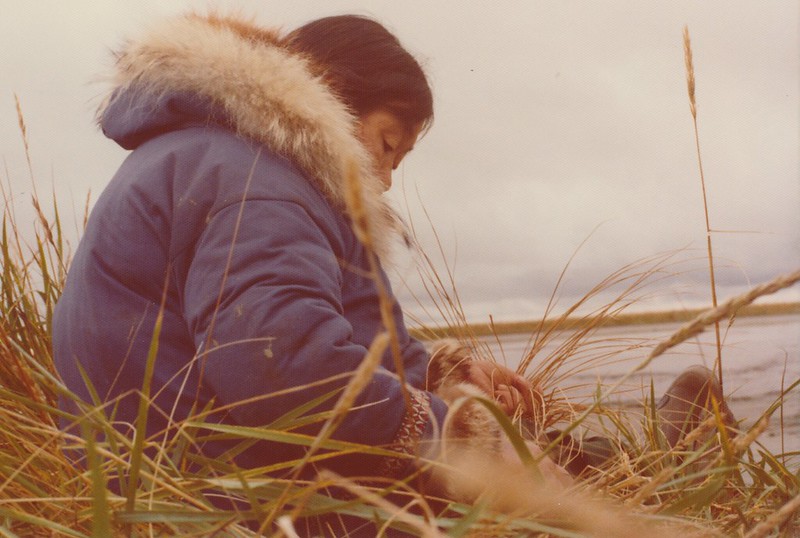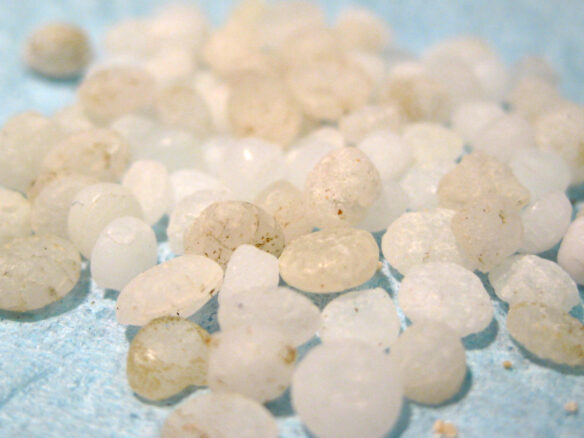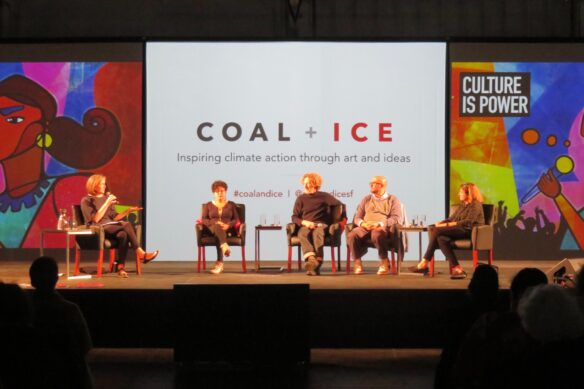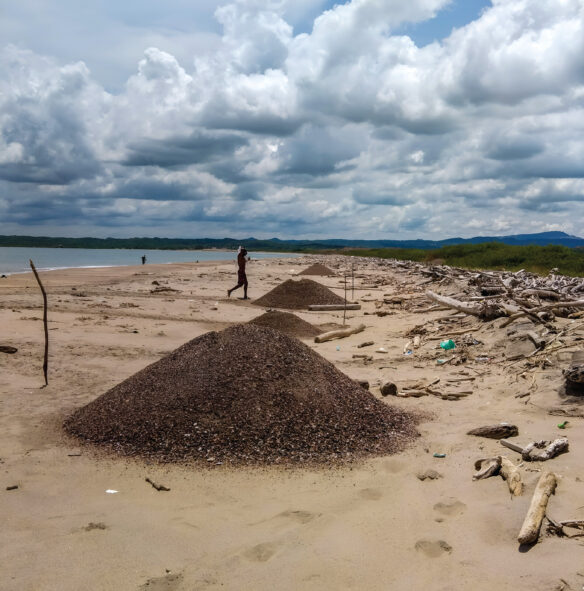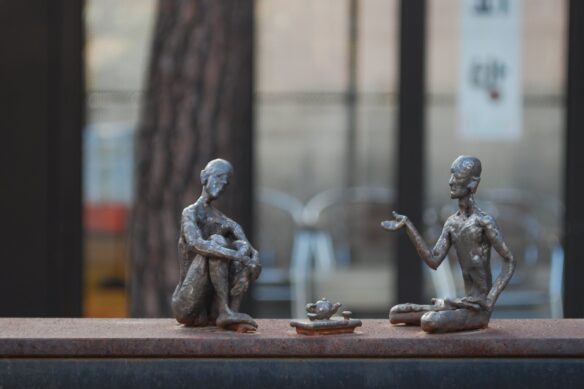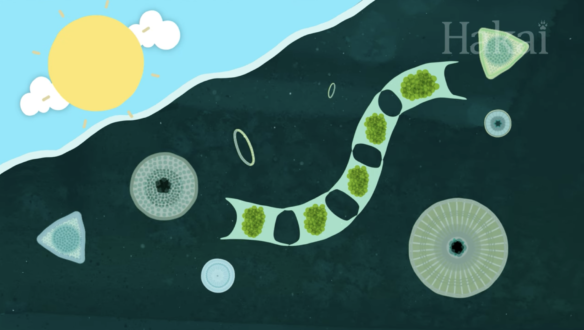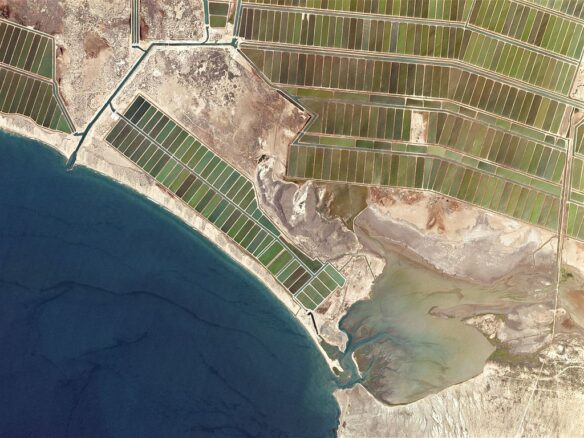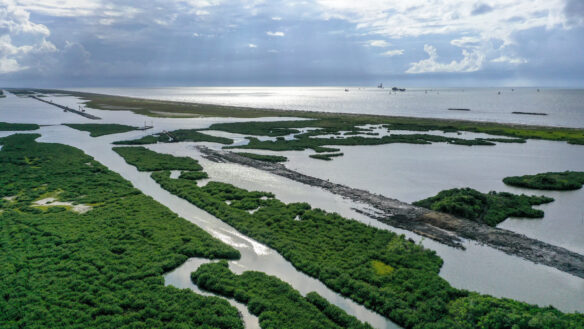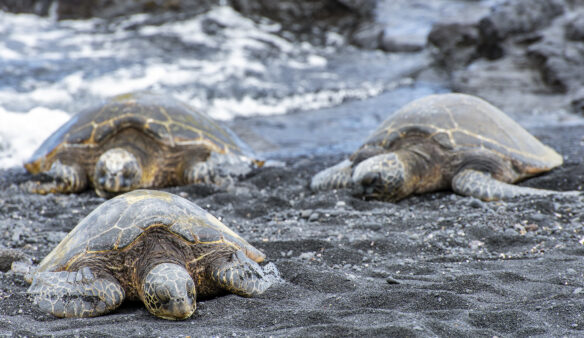2022/97 minutes
Michael Kirby Smith and Andrew Burton, filmmakers | Marie Meade, producer
Official Synopsis:
Water will erase Newtok, Alaska. Built on a delta at the edge of the Bering Sea, the tiny Yup’ik village has been dealing with melting permafrost, river erosion and decaying infrastructure for decades. To keep their culture and community intact, the 360 Yup’ik residents must relocate their entire village to stable ground upriver while facing a federal government that has failed to take appropriate action to combat climate change. In moving their village, they will become some of America’s first climate change refugees. This is a film of a village seeking justice in the face of climate disaster.
Filmmakers’ Statement:
This story was led by the people of Newtok
We set out to tell Newtok’s story because we felt it was one of the most important and underreported stories unfolding in America. As non-Indigenous journalists and filmmakers working in an Indigenous community, we were keenly aware of our position as outsiders and the fraught history of Western journalists getting Native stories wrong. The community didn’t need this story to be told in order to relocate their village, but the rest of America needed to hear it. Mass climate migrations are on our doorstep—whether we’re feeling the effects now or not. In an attempt to do the best job possible, we rooted ourselves in the history and issues of Newtok by interviewing dozens of scientists, historians, anthropologists, philosophers and elders and by spending more than 300 days in the village. The film’s producer, Marie Meade, is a Yup’ik scholar and elder with ancestral roots in Newtok and was vital to the filmmaking process, leading all Yup’ik interviews, translations and overseeing cultural accuracy. She knew the questions we didn’t know to ask. Additionally, we assembled a majority female and majority Indigenous editorial and advisory board made up of scholars, historians, journalists, philosophers and village members to review rough cuts of the film and to cover the blind spots that inevitably existed in our perspective. Ultimately, this film is a collaboration with the village, and we tried to include the community in every step of the filmmaking process. The final documentary incorporates Newtok’s music, home videos, poetry, theater, dance and language. Our goal was to have the people of Newtok lead the story.

